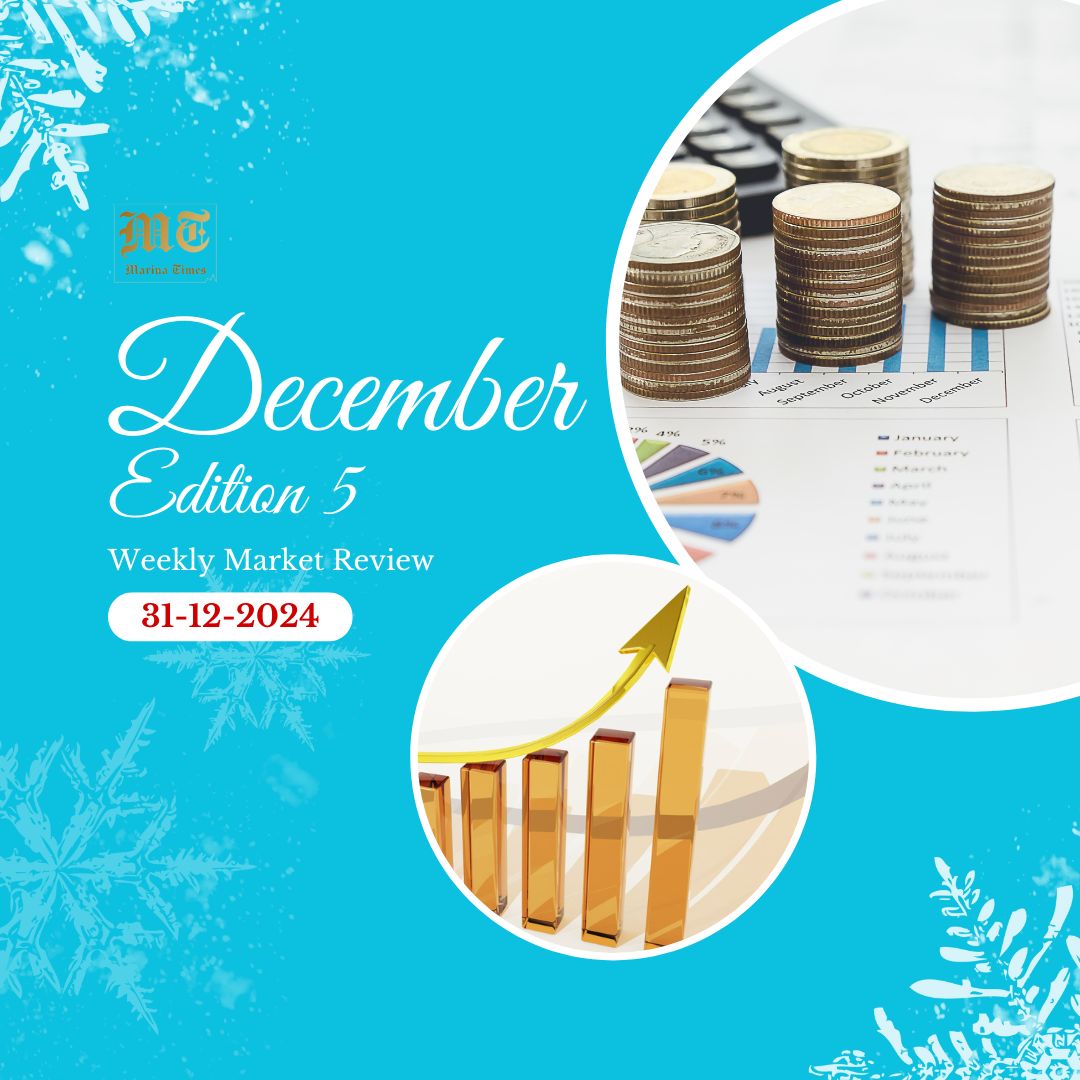

As inflation continues to present a persistent and formidable challenge in Nigeria, analysts suggest that the Federal Government could potentially achieve a return to single-digit inflation in the upcoming year. However, this would be contingent upon attracting a significant influx of Foreign Direct Investments (FDIs) into the country. One particularly optimistic proposal highlights that an infusion of approximately $50 billion in FDIs could provide the necessary economic stimulus to drive down inflationary pressures and stabilise prices. The logic behind this assertion is that such a substantial increase in foreign capital would strengthen the country’s foreign exchange reserves, in turn enhance investor confidence, and stimulate productive activities across key sectors, all of which are crucial for controlling inflation.
In a noteworthy move, Nigeria and Saudi Arabia are making strides to fortify their economic collaboration, emphasising improving export credit mechanisms, insurance frameworks, and access to each other’s markets. According to Mr. Wale Edun, the Minister of Finance and Coordinating Minister of the Economy, the Nigerian Government has formally requested a trade loan of $5 billion from Saudi Arabia. This loan is intended to provide critical support to Nigeria’s ongoing economic reform programmes.
During the week under review, according to data obtained from the Daily Nigerian Foreign Exchange Market, the exchange rate traded at a high of $/₦1,550.00 on Monday and at a low of $/N1,532.00 on Monday and Friday. The market closed the week at $/N1,535.00 on Friday.
Going by the speculations that Nigeria’s inflation figure may see a significant shift and become a single-digit figure, there have been ongoing discussions about the challenges surrounding Nigeria’s debt servicing obligations. The country’s mounting debt has placed considerable strain on its finances, diverting resources that could otherwise be used for growth-enhancing investments. Debt servicing, which now consumes a significant portion of the Government’s revenues, remains one of the most pressing economic hurdles. This scenario complicates efforts to reduce inflation, as high debt servicing costs limit the Government’s fiscal flexibility to implement policies that could stabilise the economy.
While the speculations of achieving single-digit inflation are not entirely out of reach, they hinge largely on the successful mobilisation of substantial foreign investments and addressing of the burden of debt servicing, both of which are critical for restoring macroeconomic stability. Moreover, the challenge of local production is another factor to be considered in achieving this.
Last Friday, at the end of the NTBs auction, the DMO sold a total of ₦332.589 billion in Treasury Bills. Just like it has always been with the long-dated instrument, the 364-day bill had the highest number of interests. However, we only saw a marginal difference of about ₦12.789 billion increase in allotment when compared with the amount on offer. Again, demonstrating a more cautious approach by the DMO, given that there was an aggressive oversubscription of over ₦600 billion for that tenor.
AUCTION DATE | 27-12-2024 | 27-12-2024 | 27-12-2024 |
ALLOTMENT DATE | 27-12-2024 | 27-12-2024 | 27-12-2024 |
MATURITY DATE | 27-03-2025 | 26-06-2025 | 25-12-2025 |
TENOR | 91-DAY | 182-DAY | 364-DAY |
OFFER (₦) | 27,347,032,000 | 36,442,134,000 | 268,739,986,000 |
SUBSCRIPTION (₦) | 25,681,380,000 | 29,665,299,000 | 607,829,898,000 |
ALLOTMENT (₦) | 25,535,380,000 | 25,465,299,000 | 281,528,473,000 |
STOP RATES (%) | 18.0000 | 18.5000 | 22.9000 |
PREVIOUS STOP RATES (%) | 18.0000 | 18.5000 | 22.8000 |
Moving on, the request for financial assistance from Saudi Arabia comes in the wake of a significant diplomatic exchange between President Bola Tinubu and the Saudi Crown Prince, Mohammed bin Salman, which took place during the Joint Arab-Islamic Summit in Riyadh in November 2024. The meeting marked a pivotal moment in Nigeria’s efforts to strengthen its ties with Saudi Arabia, and the trade loan is seen as a tangible outcome of the deepening bilateral relationship.
The potential loan, if granted, is expected to play a key role in assisting Nigeria’s fiscal reforms and infrastructure development, aligning with the Government’s broader goals of economic diversification and reducing dependency on oil revenues. Furthermore, the enhanced partnership with Saudi Arabia could open new avenues for trade, investment, and technological collaboration, nurturing a more resilient and diversified economy.
In its Q3 2024 economic report, the Central Bank of Nigeria (CBN) revealed that the country’s net foreign exchange inflows declined in the third quarter of 2024, falling to $14.46 billion from $14.89 billion in Q2 of the same year. This marks a slight contraction in foreign exchange inflows, reflecting the ongoing challenges faced by the economy in maintaining consistent foreign currency liquidity.
However, the CBN Governor, Mr. Olayemi Cardoso, highlighted a more positive development during a recent session with the Senate Committee on Banking, Insurance, and Other Financial Institutions; he informed on the significant increase in diaspora remittances. According to the Governor, remittances sent through International Money Transfer Operators (IMTOs) from January to October 2024 totalled $4.22 billion. This figure represents a remarkable surge, nearly doubling the $2.62 billion recorded over the same period in 2023.
This increase in remittances is particularly noteworthy as it underscores the continued strength of Nigeria’s diaspora community in supporting the domestic economy through financial transfers. It also highlights the role of remittances in providing a crucial buffer for the economy, especially at a time when foreign exchange inflows from other sources have been more volatile. As such, these remittance inflows have become an increasingly important component of the country’s foreign exchange reserves, helping to ease pressure on the Naira and contribute to financial stability.
On Tuesday, the World Bank announced the removal of several loan fees in a bid to make borrowing more affordable for vulnerable countries. This initiative is part of a broader strategy to enhance the financial capacity of nations facing significant economic challenges, particularly in addressing pressing global issues such as climate change, inequality, and economic fragility. The move seeks to provide much-needed financial relief to countries struggling to fund essential projects while also supporting efforts to achieve long-term sustainable development.
The announcement was made via a post on its official X handle, outlining its commitment to improving access to affordable financing for nations in need. By eliminating these fees, the World Bank hopes to ease the financial burden on these economies, enabling them to better tackle the urgent issues they face while promoting global stability.
In an interview with the Chief Economist of AfDB, Kevin C. Urama, the African Development Bank revealed that the continent loses over $1.6 billion every day due to illicit financial flows and profit shifting on the part of multinationals operating in Africa. According to the International Monetary Fund, illicit financial flows refer to the movement of money across borders that are illegal in source, transfer, or use. For decades, the IMF has played a key role in international efforts to combat these muddy and often destabilising transfers. It also has longstanding concerns with financial flows that are not strictly illegal but are closely associated with tax avoidance. Urama stated that Africa was losing more than it was gaining through Foreign Direct Investment and emphasised that stakeholders should prioritise blocking outflows rather than solely focusing on attracting inflows.
In November 2024, the FMDQ Exchange reported a remarkable surge in turnover within Nigeria’s foreign exchange market, reaching ₦23.95 trillion. This marked a notable increase from October’s turnover of ₦16.85 trillion. Some market participants believe that this growth underscores the growing dynamism of the market and motions a momentous move in investor activity.
The rise in turnover is primarily attributed to increased investor participation, driven by recent adjustments to Nigeria’s foreign exchange rate policy. These adjustments have created a more attractive environment for both domestic and international investors, prompting a recalibration of investment strategies. Consequently, liquidity has increased significantly, attracting more participants to the market and driving trade volumes to unprecedented levels.
This development is not just a statistical milestone; it reflects a broader, evolving trend in Nigeria’s currency market. As the country continues to refine its exchange rate policies and adapt to the changing global economic outlook, there is a clear sense of growing confidence in the market’s future. The increase in turnover highlights a currency market that is growing more resilient and transparent, adapting to both external and internal pressures with enhanced stability.
Looking forward, this momentum is expected to persist. Nigeria’s ongoing adjustments to its foreign exchange policies are anticipated to stimulate market activity further, attracting an increasingly diverse range of investors. With a renewed focus on deeper market reforms and the stabilisation of the Naira, the future of Nigeria’s forex market seems poised for continued growth and refinement. As liquidity expands and investor confidence strengthens, Nigeria is positioning itself as a compelling destination for global capital, paving the way for a more robust and interconnected financial ecosystem.